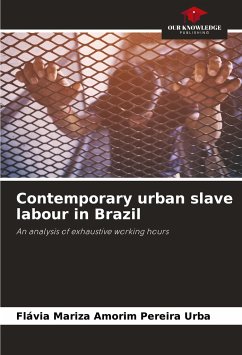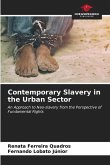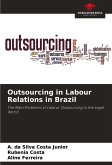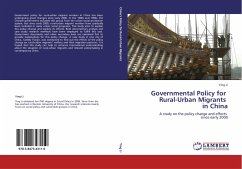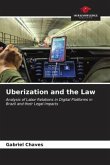Society is faced with events that are constantly marginalised and silenced. In this context, slavery is related to contemporaneity in a paradoxical way: while slavery is legally forbidden and extinguished in the Brazilian legal system, the practice of enslaving still goes on underground. Such practices become even more common in times of crisis, when unemployment rates rise and the search for employment pushes social and moral concerns into the background. Rescues of workers in situations analogous to slavery show that these individuals are invisible, marginalised and found in the most diverse types of production in the country. It must therefore be admitted that contemporary slavery is an existing and not uncommon practice in Brazil. Such behaviour, even if there are only a few cases, requires in-depth study due to its intrinsic seriousness, as well as the search for effective means of combating it.
Bitte wählen Sie Ihr Anliegen aus.
Rechnungen
Retourenschein anfordern
Bestellstatus
Storno

